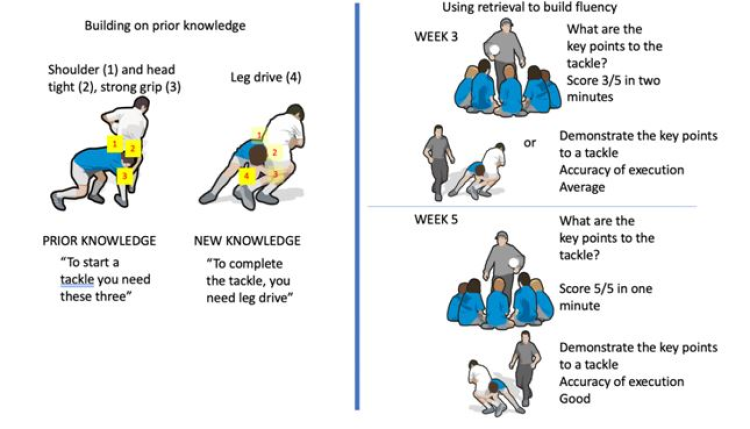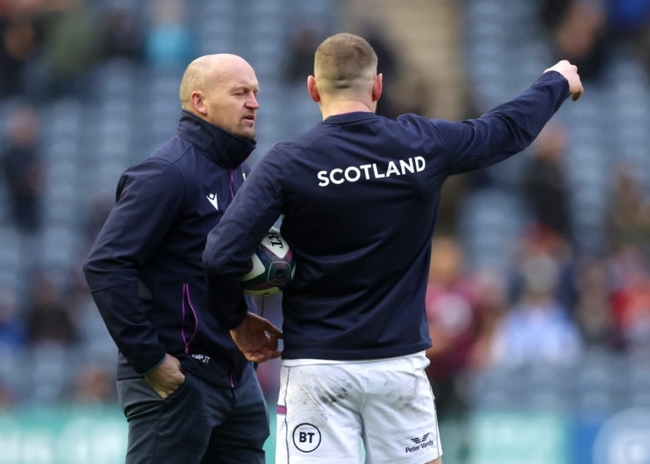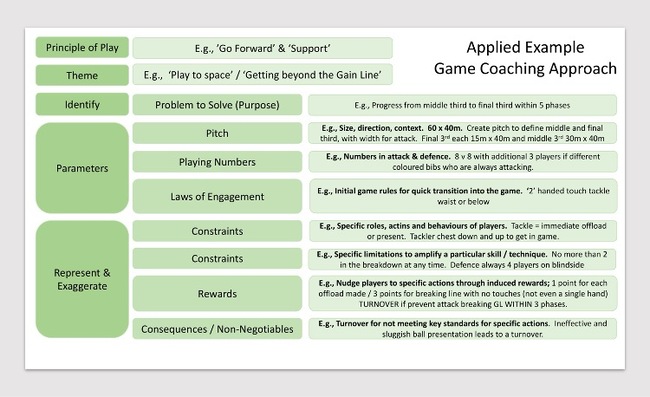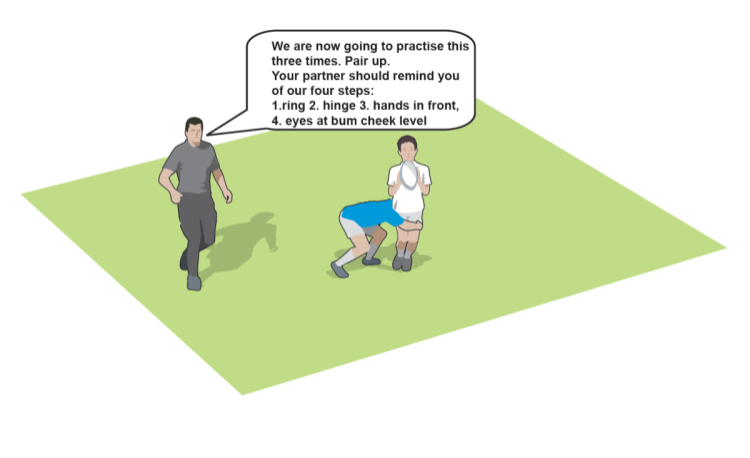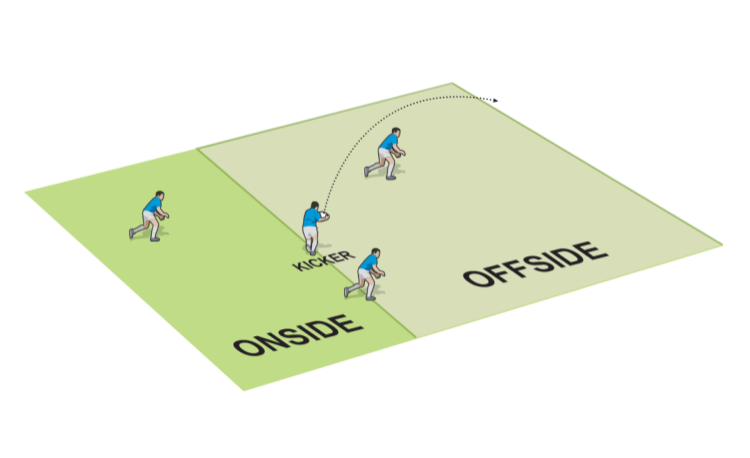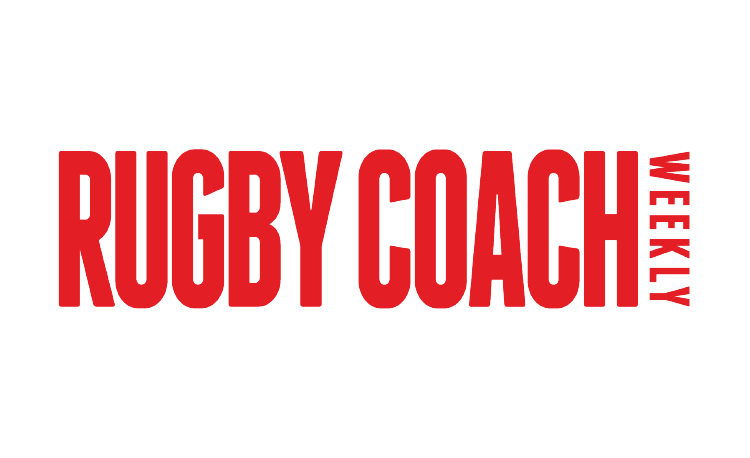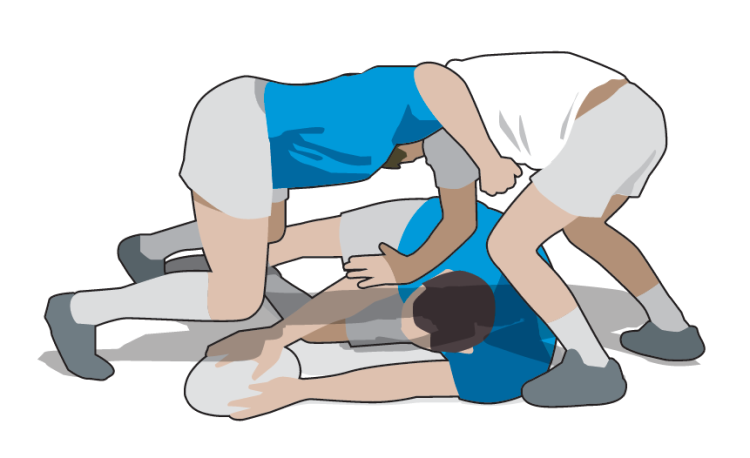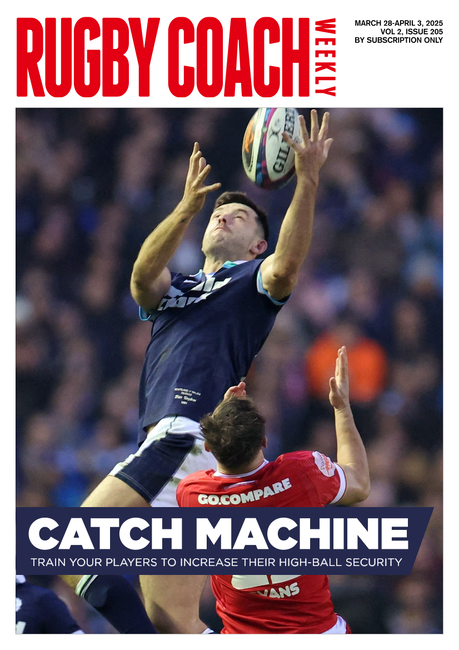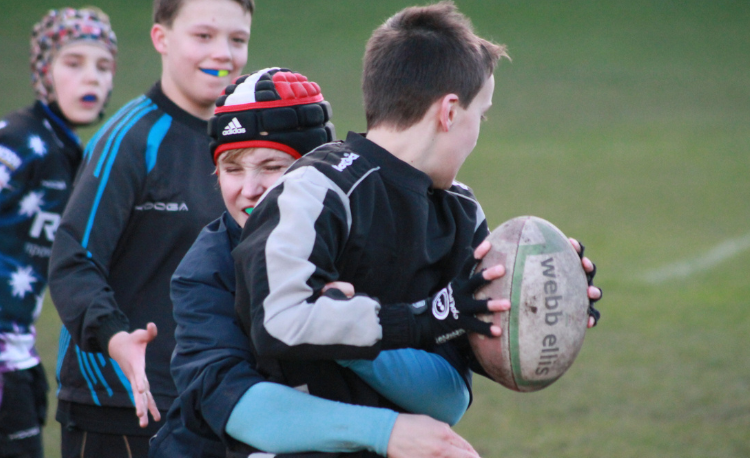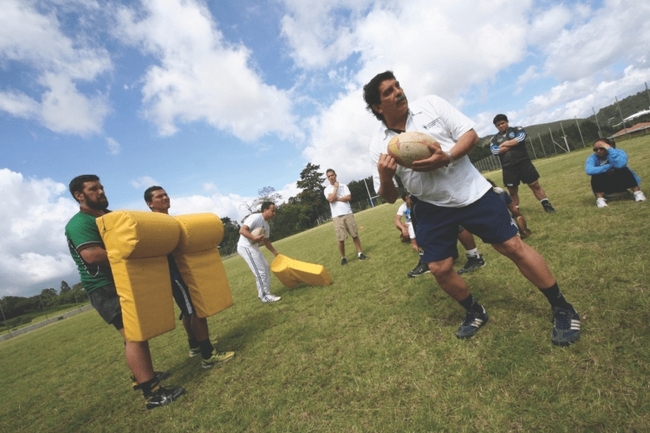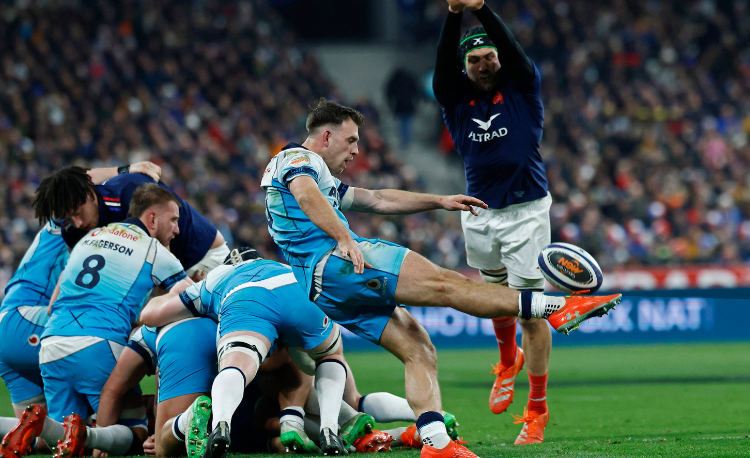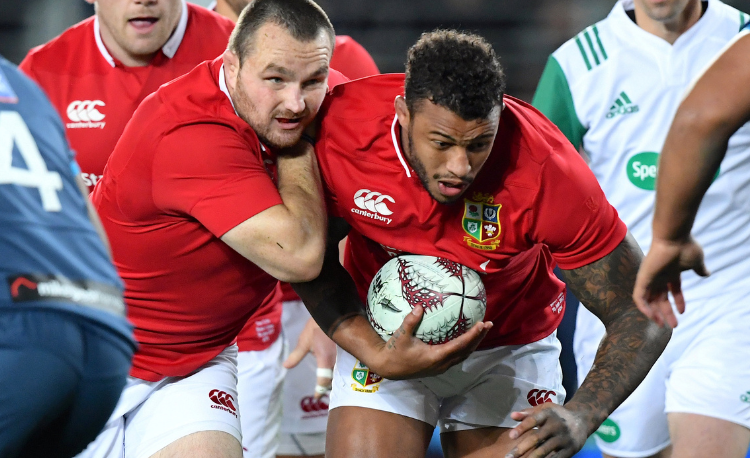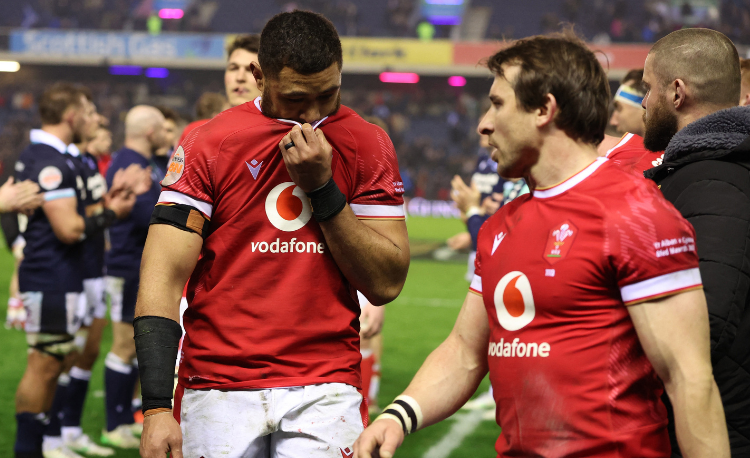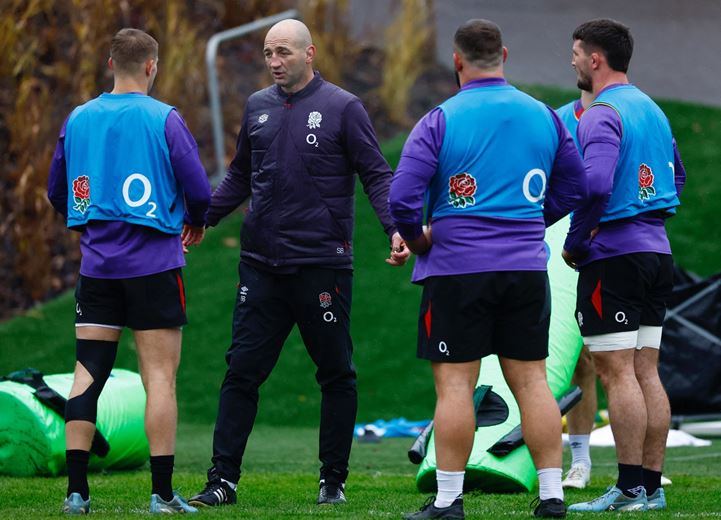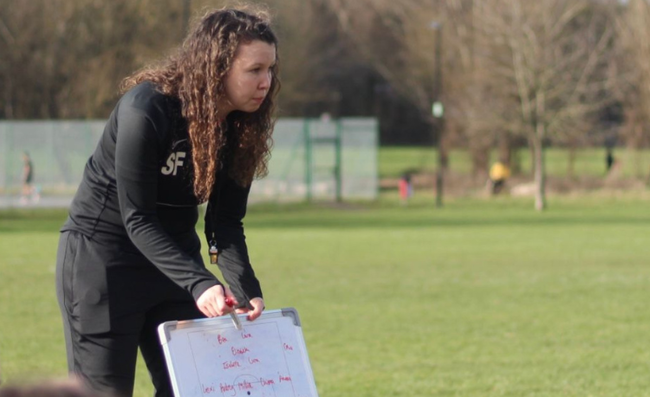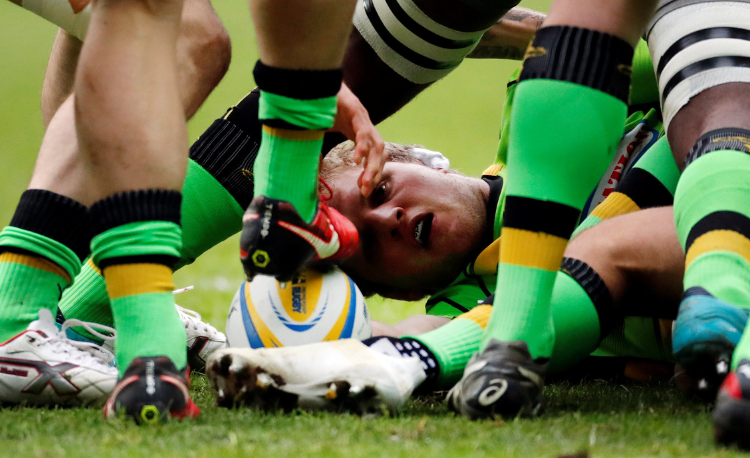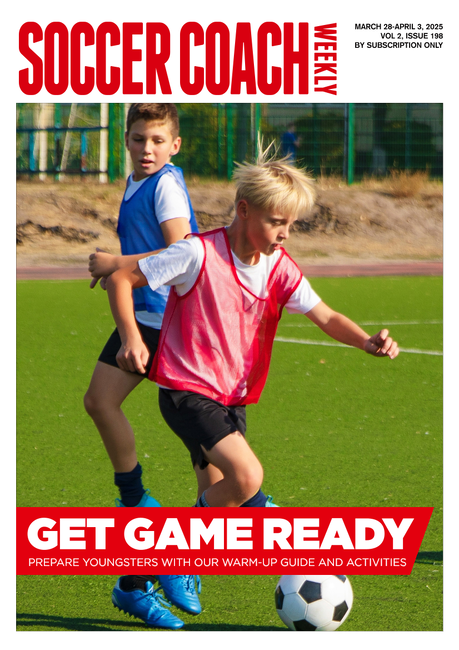From classroom to the field: Retrieval Practice
How evidence-informed approaches can enhance your coaching skills, training sessions and the subsequent development of your players.
“The most important single factor influencing learning is what the learner already knows. Ascertain this and teach them accordingly."
American psychologist David Ausubel
’Retrieval Practice’ is a buzz term in education right now.
But what is it? How is it helping to improve learning outcomes in the classroom? And how can we utilise it as coaches to enhance the development of our players?
What is Retrieval Practice?
A lot has been written about Retrieval Practice (shortened here to RP) in an educational context.
For this article, I’m going to use Retrieval Practice guru Kate Jones’s definition: "Retrieval Practice is the act of recalling information, embedded in long-term memory, in order to further improve and enhance long-term memory."
What does this mean and why is it important?
There are three reasons why Retrieval Practice benefits learners.
- Learning something new is more likely when linked to what you already know.
- Recalling prior knowledge successfully increases the chance that it can be recalled again far more easily in the future.
- Recalling prior knowledge successfully makes it easier to anchor new information.
How do teachers use this in the classroom?
Before a lesson, a teacher might think about:
- What pre-requisite knowledge do students need to access this lesson?
- What prior knowledge might be relevant to, but not essential for, the learning of this content?
During a lesson, the teacher might use RP in a variety of ways:
- At the start of a lesson, for example, they may use a quick, low-stakes quiz where students are asked to recall pre-requisite/prior knowledge. Sometimes, teachers may provide cues - a word that is likely to trigger student memory - to increase success rate.
- At any point, a teacher might use a planned question that requires students to recall prior knowledge which is relevant to the content about to be taught. Again, this can take many formats - perhaps a ’think, pair, share’ or a ’turn and talk’. Or, alternatively, it can be part of an application task at the end of a lesson, where students are asked to combine prior learning with new content in a variety of ways, like exam questions, essays or something more creative.
After the lesson, as a reflection, teachers should ask themselves:
- Were there any gaps in knowledge? What were they and who did they belong to?
- How will this inform my planning for retrieval in the next lesson and future lessons?
How might we, as coaches, use Retrieval Practice on the field?
Before training: Consider what prerequisite knowledge players will need in order to be successful in this session.
For example, if players are new(ish) to tackling, and your session involves contact, what would be a suitable warm-up? If you have identified the tackle-and-ruck as an area for development in your session, what prior knowledge will players need to draw from to be successful? Or, if your team is continuously being penalised for being offside at set pieces, what cues might you need to provide in your session to trigger their memories of offside lines?
During training: Think about how you can provide players with the opportunity to retrieve the aforemetioned pre-requisite knowledge they need to succeed.
Let’s look at our examples from above and some potential solutions. These are merely suggestions, though – there are many other techniques that you are probably already using that might work far better.
Example 1 - if players are new(ish) to tackling, and your session involves contact, what would be a suitable warm-up?
A coach could ask players to pair up, provide ‘hip height, shoulder and wrap’ cues (see above illustration) and then ask players to practise tackle technique in pairs.
Example 2: if you have identified the tackle-and-ruck as an area for development in your session, what prior knowledge will players need to draw from to be successful?
Before a tackle/ruck drill, the coach might ask: "What does a successful tackle-and-ruck look like?". The coach might then ask players to pair up and discuss the answer.
The coach could circulate the conversations and, if they are not happy, they could stop the conversations to provide cues such as ‘tackler release, on feet, and contest’ before asking players to discuss in pairs again.
Example 3: If your team is continuously being penalised for being offside at set pieces, what cues might you need to provide in your session to trigger their memories of offside lines?
A coach may simulate a scrum, lineout or ruck situation and place a cone at the appropriate offside line.
The coach might then ask: "Why have I placed these cones here?". This will help players to recall their knowledge of offside lines and apply them to the drill. The cones are also a handy cue until players no longer need them.
After training: As a reflection, consider the following: What did players struggle to grasp? What have they not mastered yet? Is this fundamental to success in the next training session/game? What will they need to have mastered from prior training sessions to be successful in their next session/game?
Summary and tips
- Consider the prior knowledge of your players and the pre-requisite knowledge needed for success in your upcoming training sessions and games.
- Create scenarios that involve players actively recalling prior knowledge that they will need to apply in your training sessions.
- Provide cues for any players struggling to recall the prerequisite knowledge.
- Reflect on what your players could/couldn’t do and did/didn’t know, so you can plan for targeted recalling of knowledge in your next session.
- The more frequently you ask players to recall prior knowledge, the more likely they are to remember it next time and attach new knowledge to it.
Related Files
Newsletter Sign Up
Coaches Testimonials
Subscribe Today
Be a more effective, more successful rugby coach
In a recent survey 89% of subscribers said Rugby Coach Weekly makes them more confident, 91% said Rugby Coach Weekly makes them a more effective coach and 93% said Rugby Coach Weekly makes them more inspired.
Get Weekly Inspiration
All the latest techniques and approaches
Rugby Coach Weekly offers proven and easy to use rugby drills, coaching sessions, practice plans, small-sided games, warm-ups, training tips and advice.
We've been at the cutting edge of rugby coaching since we launched in 2005, creating resources for the grassroots youth coach, following best practice from around the world and insights from the professional game.
